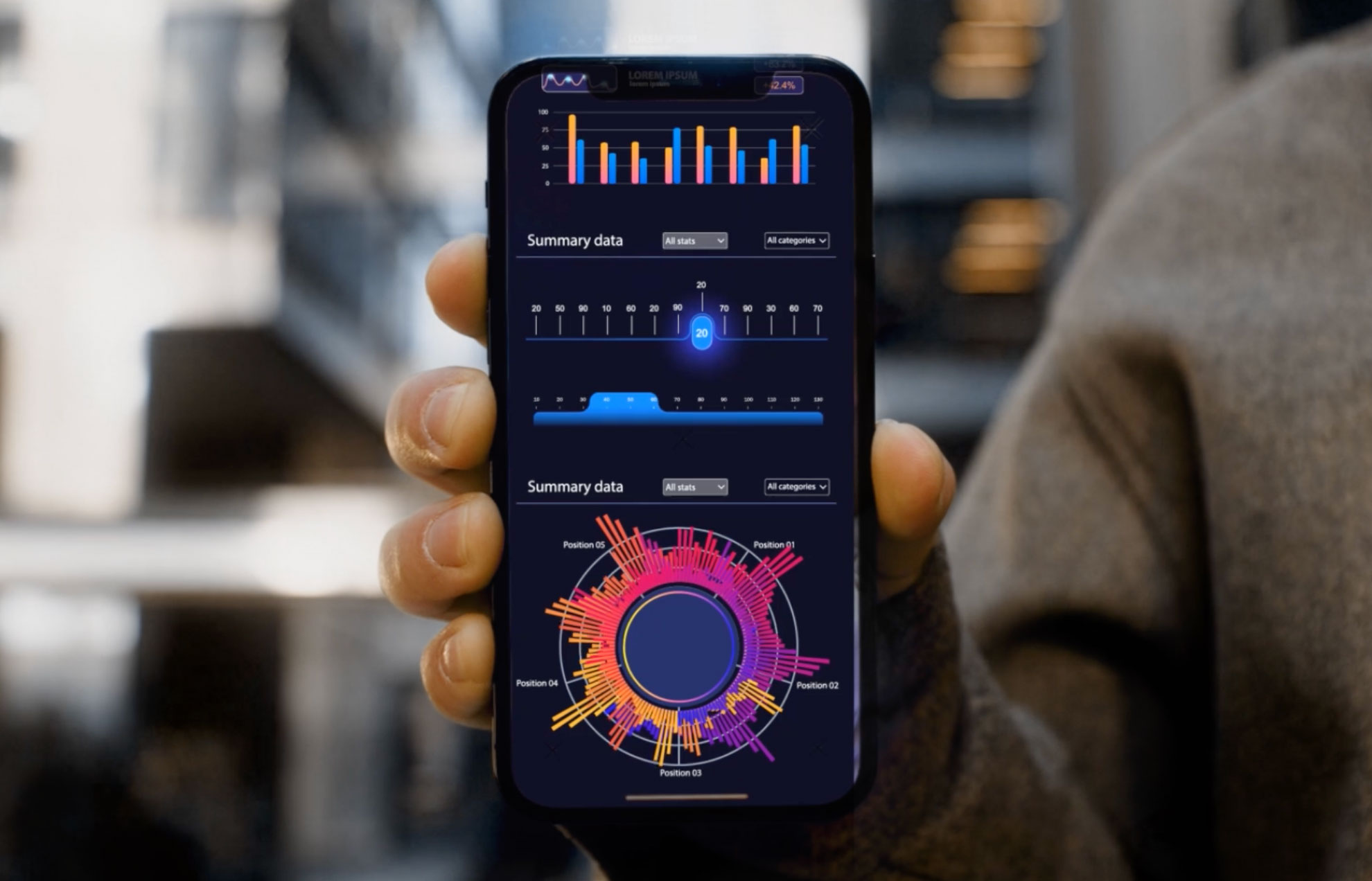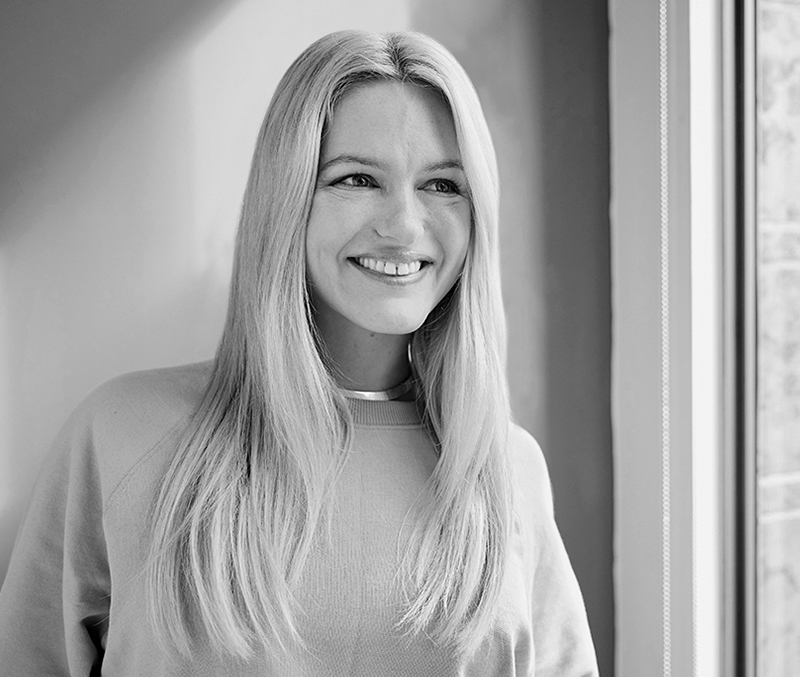“I just get obsessed with my fitness tracker.”
I’ve lost count of how many times I’ve heard this over the years as a health and fitness tech journalist. People confess it almost apologetically. It’s like they know they shouldn’t be glued to their step count or sleep score, but they can’t help it.
And whenever someone tells me how their fitness tracker makes them feel judged, overwhelmed or preoccupied with stats, I get it. Because I’ve been there too.
I remember one particular week when my step count dictated everything. I wouldn’t let myself go to bed until I’d hit 10,000 steps – even if it meant pacing around the living room at midnight. It was punishment, not motivation.
This is the tricky, human side of health tech. Numbers can be helpful, but they can also take over. For me, they became fuel for an eating disorder I’d struggled with on and off for years. Which means I know first-hand how quickly “healthy optimisation” can cross a line into unhealthy over-exertion.
Research backs that up too, one study found that calorie-tracking apps are linked with higher rates of disordered eating, especially in young women. What feels like harmlessly logging a snack or a run can tip into obsession – often without us even realising it.
And it’s not just calories. Sleep tracking has its pitfalls too. Sleep scientists have even coined a term for it, orthosomnia, the anxiety that comes from obsessing over your sleep score. Ironically, worrying about not sleeping well because your tracker says so can make your sleep worse.
And yet, here’s the paradox: I love health and fitness. I love moving my body, feeling stronger and seeing progress. I even love tracking. Well, when it’s done right. The challenge for me has been finding that line and learning how to engage with data in a way that supports me rather than consumes me. Getting there has taken therapy, hard work, plenty of trial and error, and, most of all, learning to listen to my body.
Even now, that tension hasn’t disappeared. I’m still fascinated by health tech. But I’m wary too. With so many trackers, rings, watches, and apps urging us to measure every bite and every heartbeat, how do we use this tech in a way that’s supportive, not suffocating?
That’s why I’ve been watching the journey of Leep, and the brand’s new smart ring, with real interest.
The wearable market is booming and smart rings are being pitched as the future of health tracking. They’re discreet, always-on and often stylish companions. But with that comes the risk of even more metrics and even more dashboards to obsess over.
It’s early days, but Leep’s mission feels different to me – and I should know, at this point I’ve reviewed a lot of wearable tech.
The biggest difference is it doesn’t pretend you’re a machine. It’s not about hammering you with metrics or pushing you to log every calorie. In fact, there’s no calorie tracking at all – and for anyone who’s ever lived their life by the number on the back of a food packet, that feels revolutionary.
Instead, Leep focuses on the fundamentals: sleep, movement, recovery. It’s about giving you just enough data to make better choices, without overwhelming you. It’s less bootcamp drill sergeant, more empathetic personal trainer. It’s a reminder to rest, a prompt to move, a suggestion to recover properly so you can perform at your best. All, crucially, without burning out.
I truly believe health tech doesn’t have to feed our worst impulses. Used well, it can help us tune in rather than spiral out. And to me, that’s what makes Leep feel different. It’s not about being the perfect version of yourself, it’s about being the balanced one.
Because I don’t want the future of health to be solely about chasing numbers. I believe it should be about learning to feel at home in our own bodies again.


